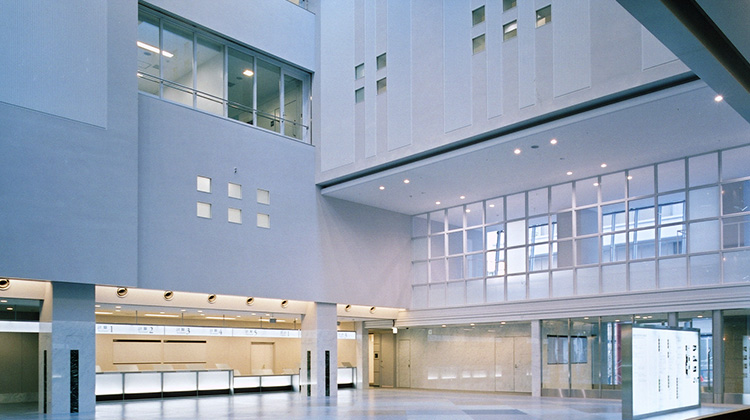Greetings
Intensive Care Unit manages a wide range of critically ill patients, from children to adults, medical and surgical patients, and those undergoing post-operative care or sudden changes in their condition. In cooperation with the patient's primary physician, General Internal Medicine physicians work daily as Intensive Care Unit physicians, working to ensure the rapid recovery of critically ill patients. We also have a comprehensive nursing system, with nurses equipped with specialized knowledge and skills providing patient care. Clinical engineers, physical therapists, nutritionists, and pharmacists, all of whom are essential for critical care, also participate in treatment as part of a team, and medical mediators also work to support patients' families. All medical staff work together to fulfill our important mission as the last line of defense for critical care.
Intensive Care Unit
Takeshi Suzuki
Overview
The ICU, located in Wards 7B1 and 7B2 on the 7th floor of Building 5, has 32 beds and manages critically ill internal medicine and surgical patients. Physicians from each department and a General Internal Medicine doctor with an intensive care specialist work together to treat patients, and together with nine certified nurses (intensive care, surgical nursing, chronic heart failure nursing), approximately 90 nurses, including four nurses specializing in acute and critical care, three nursing assistants, three full-time pharmacists, and two clinical engineers, they practice team medical care aimed at the early recovery of critically ill patients.
The ICU concentrates on managing acutely critically ill patients with sepsis, myocardial infarction, heart failure, respiratory failure, and impaired consciousness, as well as postoperative care for Cardiovascular Surgery, Cardiology, Transplant Surgery, Thoracic Surgery, Gastroenterological Surgery, Pediatric Surgery, Neurosurgery Otolaryngology, Head and Neck Surgery, oral surgery, plastic surgery, and plastic surgery also actively accept critically ill pediatric patients, with approximately 3,000 patients admitted per year, with an average hospital stay of 4.6 days.
We hold regular meetings and actively promote nutritional management, including tube feeding, and rehabilitation to speed up recovery. In addition, at the ward management meeting held once a month, a multidisciplinary team participates to exchange opinions on ICU ward management and patient management, and Department of Anesthesiology who serves as the medical director also proposes measures for improvement. In this way, a multidisciplinary team works every day to improve the prognosis of critically ill patients.


